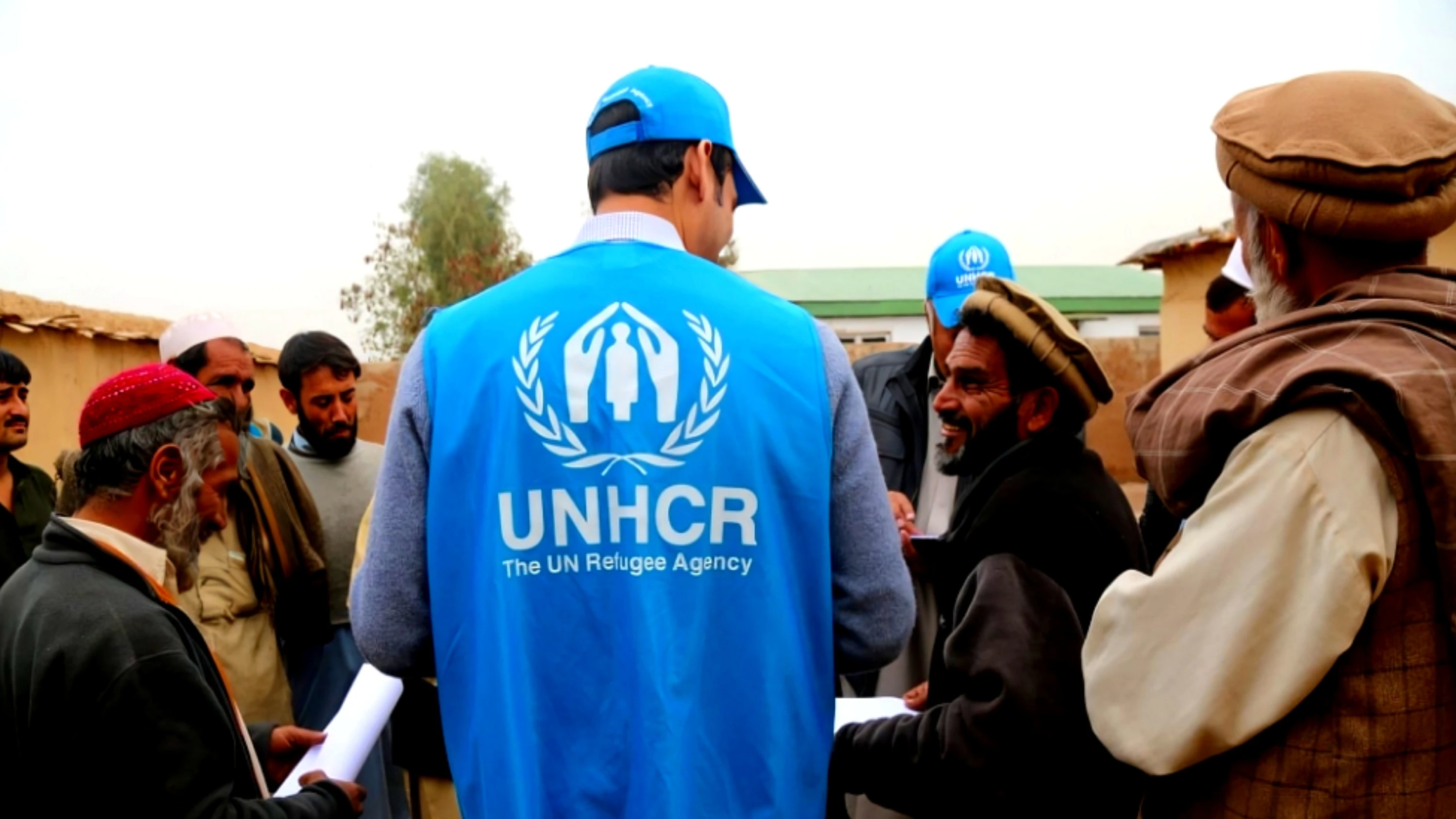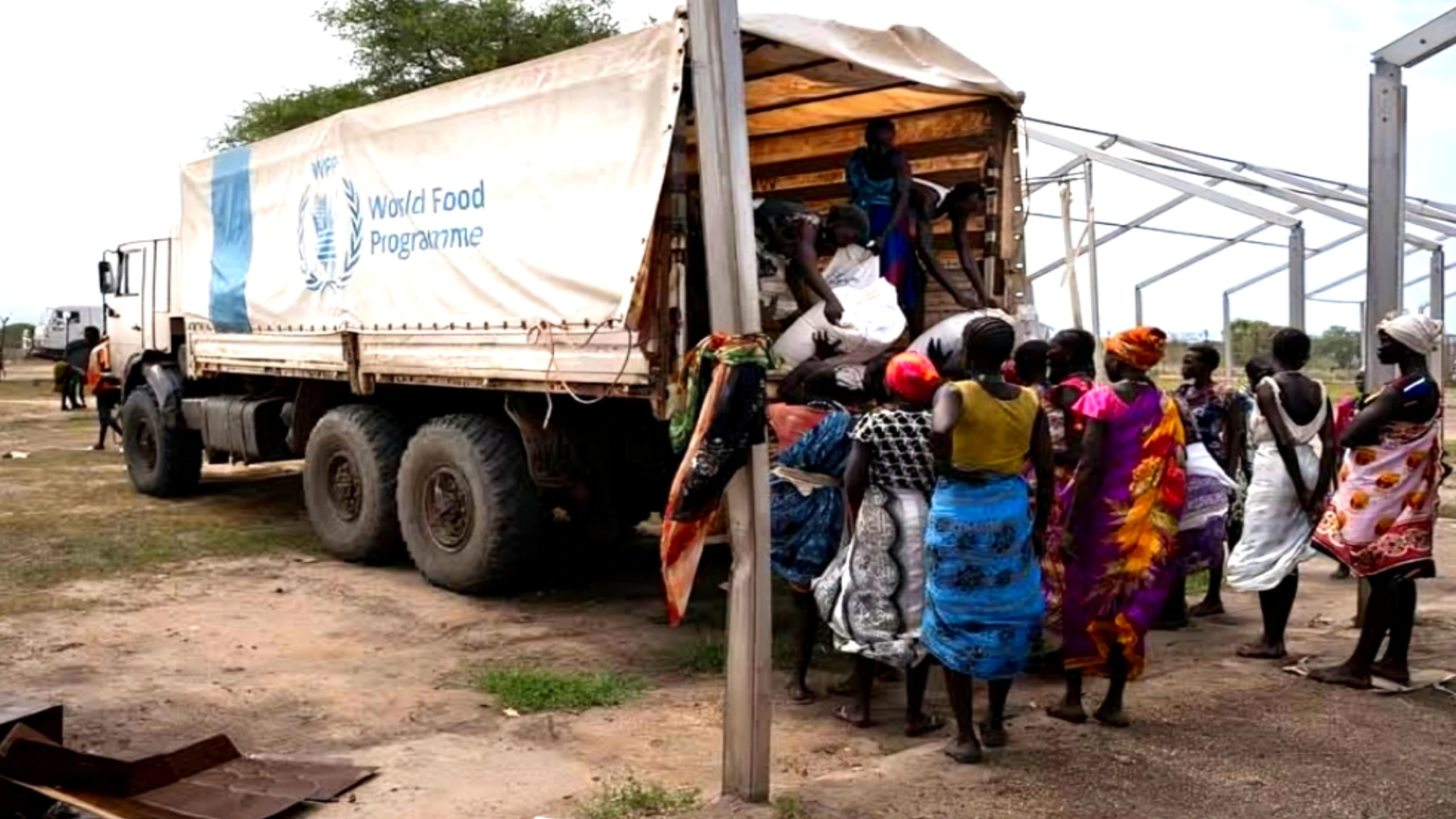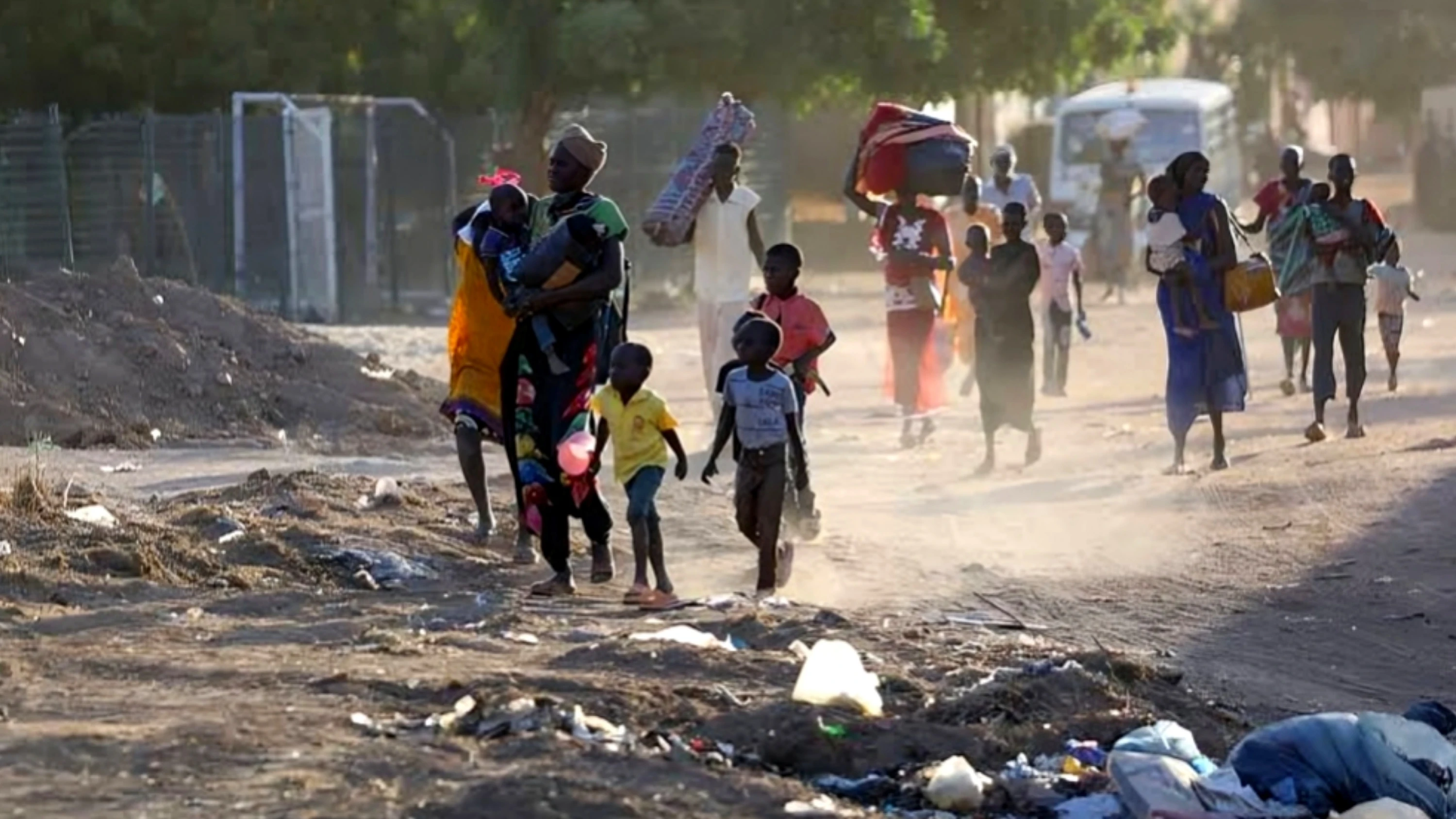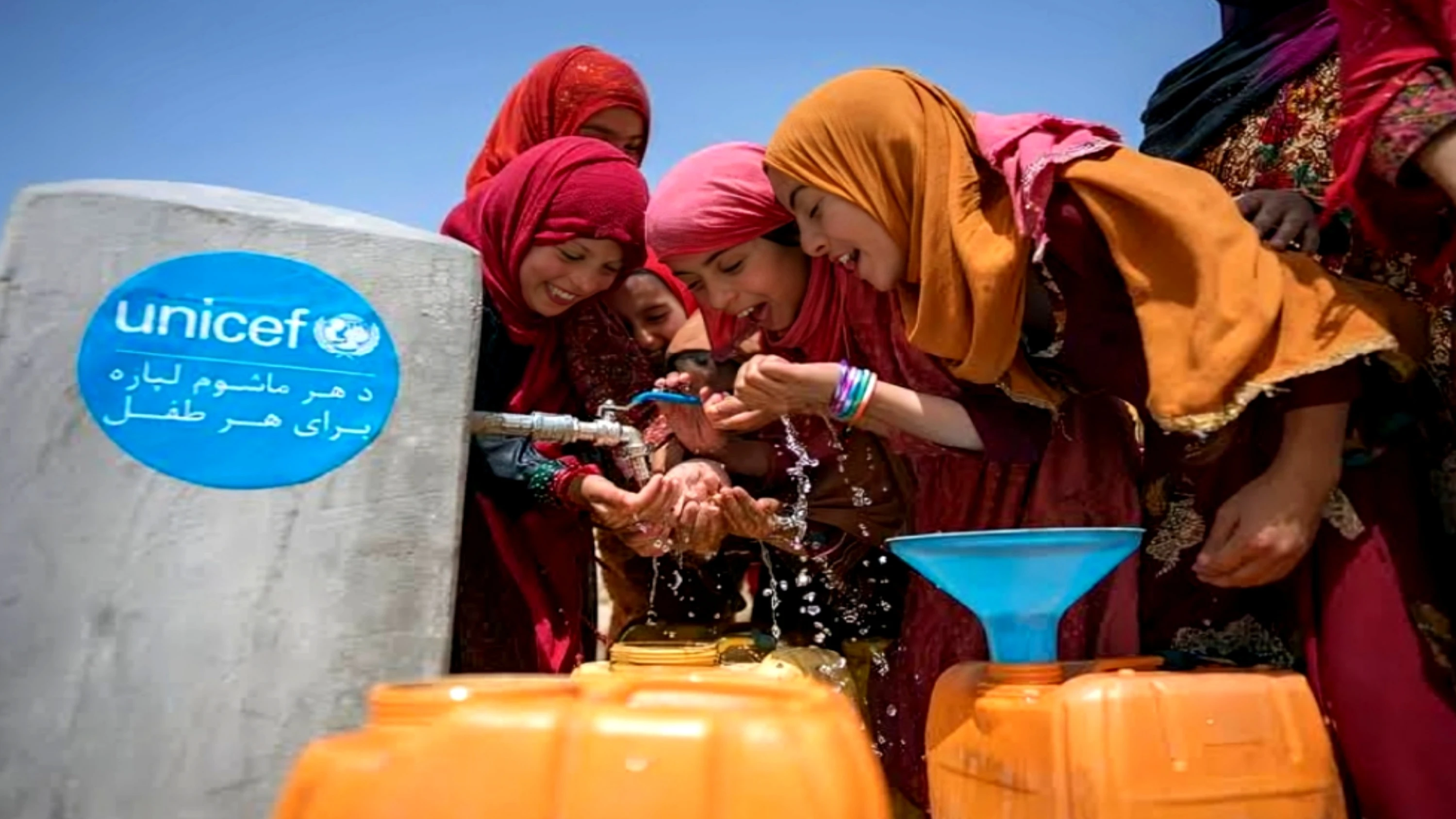Islamabad: The United Nations High Commissioner for Refugees (UNHCR) has revealed that over 110,000 refugees and asylum seekers in Pakistan are facing heightened risks and require increased international protection. Among them, at least 8% hold Proof of Registration (PoR) cards.
The UNHCR stated that many of these individuals face specific or compounded vulnerabilities that may make them eligible for resettlement to third countries.
The resettlement program for refugees in Pakistan has been active since the 1980s. So far, more than 20,000 vulnerable refugees have been resettled to third countries under UNHCR’s program, offering them the opportunity to rebuild their lives in safer environments.
These details were outlined in UNHCR's latest operational fact sheet for Pakistan. Since the Taliban's return to power in Afghanistan in 2021, international interest in the resettlement of Afghan refugees has surged, resulting in an increase in resettlement quotas for Afghan nationals living in Pakistan.
The United States has led global efforts in accepting Afghan refugees, resettling 10,823 individuals, followed by Australia (4,362), Canada (2,253), the United Kingdom (954), New Zealand (817), Norway (248), Sweden (182), Finland (116), and Italy (72).
Meanwhile, the International Federation of Red Cross and Red Crescent Societies (IFRC) reported that over 300,000 Afghans returned or were deported from Pakistan and Iran within a month. Since 2021, several diplomatic missions in Pakistan have launched “safe passage” programs to evacuate Afghan nationals associated with their missions. UNHCR clarified that these initiatives fall outside its formal resettlement framework.
UNHCR emphasized that resettlement offers a durable solution by relocating refugees from host countries to third nations, with priority given to survivors of violence, women and girls at risk, children in danger, and individuals with serious medical conditions.
The IFRC warned that Afghanistan’s ongoing humanitarian crisis—exacerbated by widespread poverty, food insecurity, and a fragile healthcare system—is being intensified by the mass return of Afghan citizens, especially due to Pakistan's "Illegal Foreigners Repatriation Plan."
The influx of returnees is placing additional pressure on Afghanistan’s already strained infrastructure, complicating efforts to provide essential services to the most vulnerable.
In response to the growing humanitarian needs, the Red Cross issued an emergency global appeal last month, requesting 25 million Swiss francs for immediate and long-term aid.
In April alone, more than 144,500 individuals returned from Pakistan, including over 29,900 who were deported. On average, 4,000 to 6,000 people were returning to Afghanistan each day.
This mass return is compounding the challenges posed by ongoing droughts, existing internal displacement, and an increasingly fragile economy.
Simultaneously, Iran has intensified deportations, with its restrictive policies further limiting access to legal protection. Between March 20 and April 30, over 170,200 Afghans were returned from Iran.
Altogether, more than 300,000 Afghan citizens were repatriated from Pakistan and Iran in April alone—significantly increasing pressure on Afghanistan’s border regions and urban centers, many of which are ill-equipped to handle such large-scale movements.








